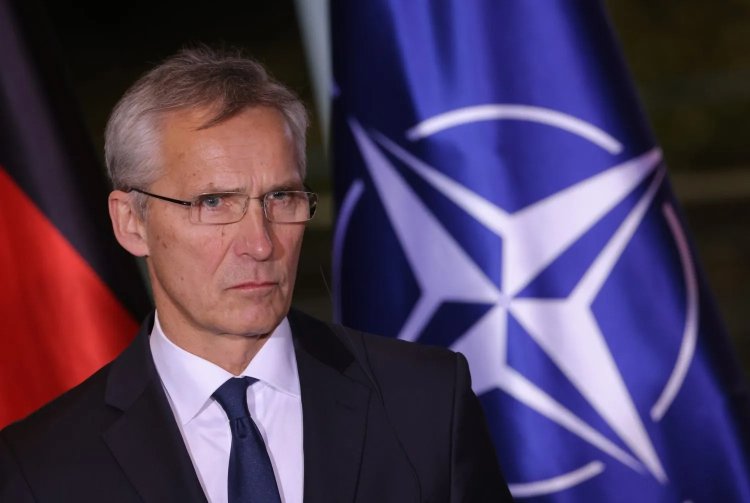‘Jens Stoltenberg’ to step down as NATO chief

Jens Stoltenberg will step down after 10 years as NATO's secretary general in October and will be replaced by former Dutch Prime Minister Mark Rutte.
Stoltenberg held his final NATO summit as chief on July 9.
Last year, NATO decided to extend Secretary General Jens Stoltenberg’s contract by a further year, opting to stick with an experienced leader as war rages on the alliance’s doorstep rather than try to agree on a successor.
It has been rumored he may take over as chair of the Munich Security Conference when he finishes his term.
Stoltenberg, a former prime minister of Norway, has been the transatlantic security alliance’s leader since 2014 and his tenure had already been extended three previous times.
Stoltenberg has guided the North Atlantic Treaty Organization through a series of crises since taking charge in 2014, most recently rallying NATO members in support of Ukraine while seeking to prevent the war there from escalating into a direct conflict between NATO and Russia.
With honed skills in both confrontation and compromise the former prime minister and U.N. climate change envoy assumed the role at NATO in October 2014 at a delicate time for the security group with Russia's annexation of Ukraine's Crimea region.
The son of a former defense and foreign minister, Stoltenberg, 65, negotiated a deal with Russia that ended a four-decade dispute over their Arctic maritime borders and built a personal friendship with then-president Dmitry Medvedev.
Stoltenberg, who as a child lived several years in Belgrade where he learned to speak Serbian, served 22 years in parliament and was prime minister from 2005 to 2013 at the head of a Labour Party-led coalition.
Many people outside Norway know him best for consoling his nation and advising against hate-driven reactions after far-right gunman Anders Behring Breivik killed 77 people, mostly teenagers, over Labour's support for immigration in 2011.















